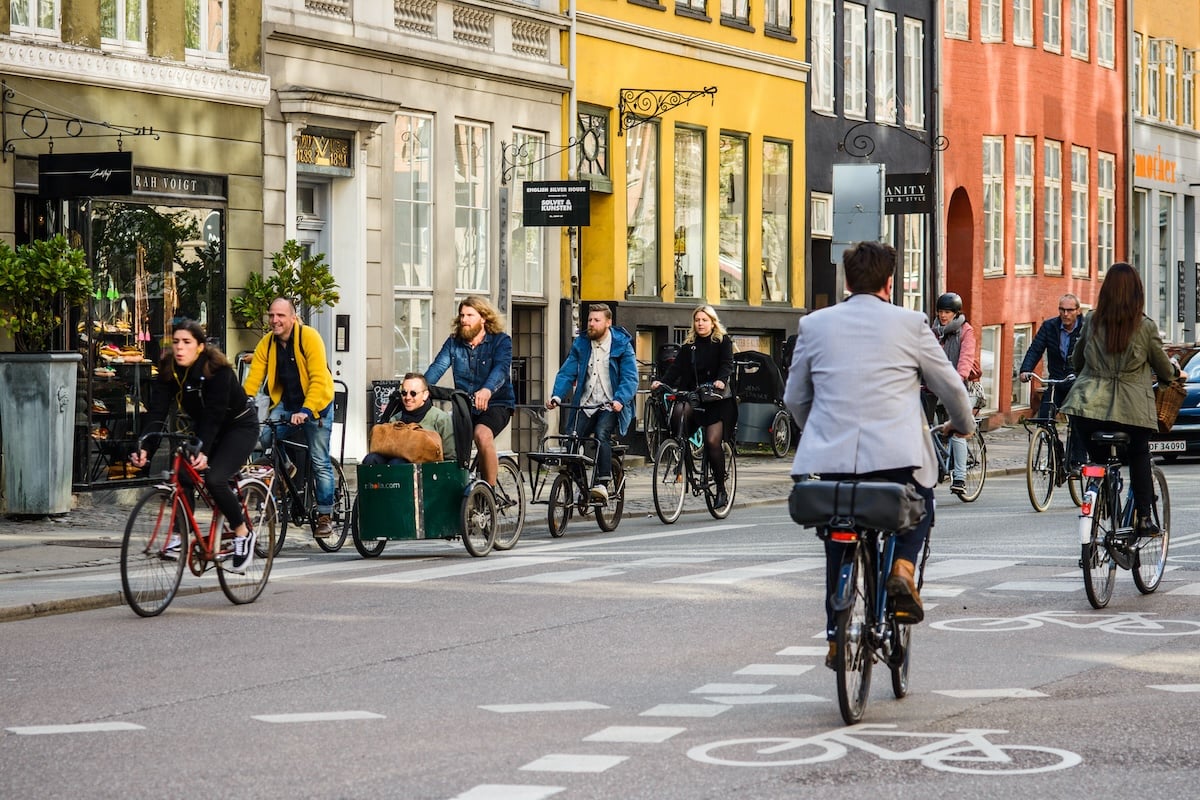Last year saw improvements in the ‘livability’ of cities across the world. According to the Global Liveability Index compiled by the Economist Intelligence Unit, Vienna was ranked the world’s most liveable city for the third consecutive year. The index assesses 173 cities based on categories such as stability, education, healthcare, culture and environment, and infrastructure. Copenhagen and Zurich came second and third respectively. Europe dominated the top 10 rankings, with eastern Europe experiencing the most significant of the gains. Overall, stability and infrastructure declined, but healthcare and education underwent an improvement in eastern Europe, Latin America, the Middle East and north Africa, and sub-Saharan Africa.
England’s National Health Service is offering children with cancer better treatment through its new genomic sequencing test, according to a study. The whole genome sequencing test offers a complete readout of the genetic makeup of cancer cells and finds every single cancer-causing mutation to aid clinicians with determining which treatment is ideal. The study found that the test provided critical extra information about tumours 29% of the time. The researchers have called for the delivery of genome sequencing as part of routine clinical care to all children with suspected cancer.
Eurelectric, Europe’s electricity industry representative, has revealed that renewable and low-carbon energy sources generated 74% of the EU’s electricity in the first half of 2024. This figure represents an increase from the 68% share in 2023. The organisation attributes the surge in progress to an “unprecedented influx of renewables on the grid combined with the stabilisation of the nuclear fleet.”
The Atlantic sturgeon, a major fish that had been declared functionally extinct in Europe, has been brought back to Sweden in a rewilding project. The initiative saw 100 juvenile sturgeon translocated from a breeding facility on the Baltic Sea coast in Germany to Sweden’s largest river, the Göta. Sturgeon were pushed to the brink in Europe due to overfishing, but improved water quality in the Göta could bring back the keystone species as an “ecological ambassador” for the river and the entire region’s health
Read the full article on Positive News here: Read More
